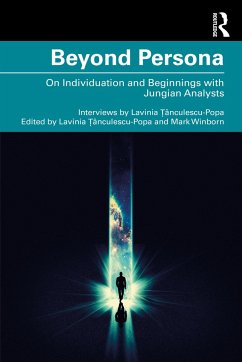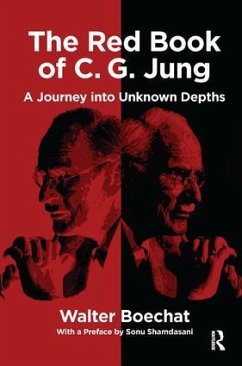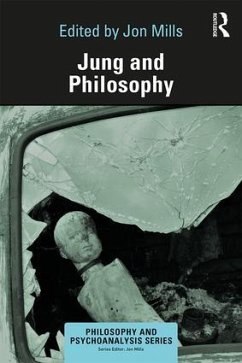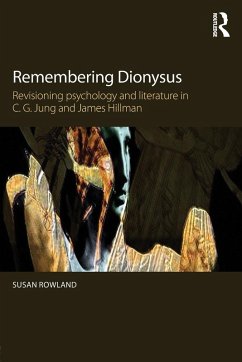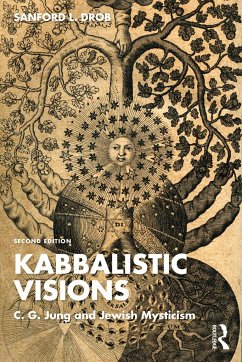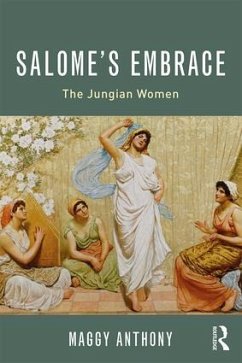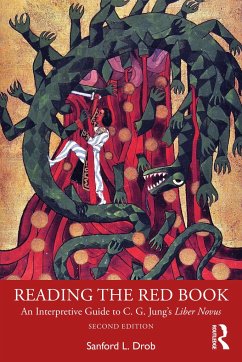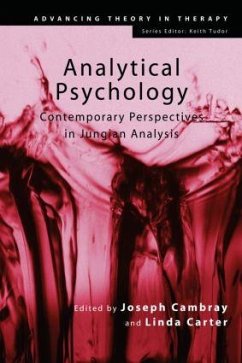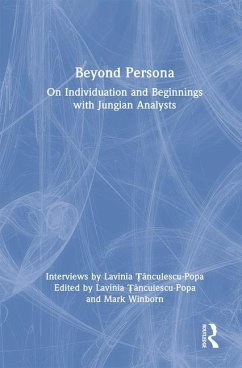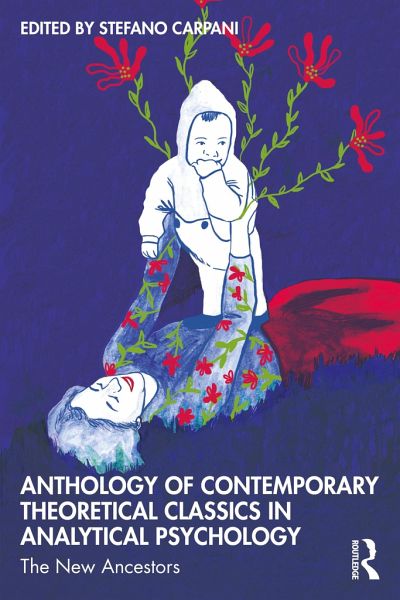
Anthology of Contemporary Theoretical Classics in Analytical Psychology
The New Ancestors
Herausgegeben: Carpani, Stefano
Versandkostenfrei!
Versandfertig in 6-10 Tagen
36,99 €
inkl. MwSt.

PAYBACK Punkte
18 °P sammeln!
2022 Gradiva Award nominee for Best Edited Book!This anthology of contemporary classics in analytical psychology bring together academic, scholarly and clinical writings by contributors who constitute the "post-Jungian" generation.Carpani brings together important contributions from the Jungian world to establish the "new ancestors" in this field, in order to serve future generations of Jungian analysts, scholars, historians and students. This generation of clinicians and scholars has shaped the contemporary Jungian landscape, and their work continues to inspire discussions on key topics inclu...
2022 Gradiva Award nominee for Best Edited Book!
This anthology of contemporary classics in analytical psychology bring together academic, scholarly and clinical writings by contributors who constitute the "post-Jungian" generation.
Carpani brings together important contributions from the Jungian world to establish the "new ancestors" in this field, in order to serve future generations of Jungian analysts, scholars, historians and students. This generation of clinicians and scholars has shaped the contemporary Jungian landscape, and their work continues to inspire discussions on key topics including archetypes, race, gender, trauma and complexes. Each contributor has selected a piece of their work which they feel best represents their research and clinical interests, each aiding the expansion of current discussions on Jung and contemporary analytical psychology studies.
Spanning two volumes, which are also accessible as standalone books, this essential collection will be of interest to Jungian analysts and therapists, as well as to academics and students of Jungian and post-Jungian studies.
This anthology of contemporary classics in analytical psychology bring together academic, scholarly and clinical writings by contributors who constitute the "post-Jungian" generation.
Carpani brings together important contributions from the Jungian world to establish the "new ancestors" in this field, in order to serve future generations of Jungian analysts, scholars, historians and students. This generation of clinicians and scholars has shaped the contemporary Jungian landscape, and their work continues to inspire discussions on key topics including archetypes, race, gender, trauma and complexes. Each contributor has selected a piece of their work which they feel best represents their research and clinical interests, each aiding the expansion of current discussions on Jung and contemporary analytical psychology studies.
Spanning two volumes, which are also accessible as standalone books, this essential collection will be of interest to Jungian analysts and therapists, as well as to academics and students of Jungian and post-Jungian studies.





